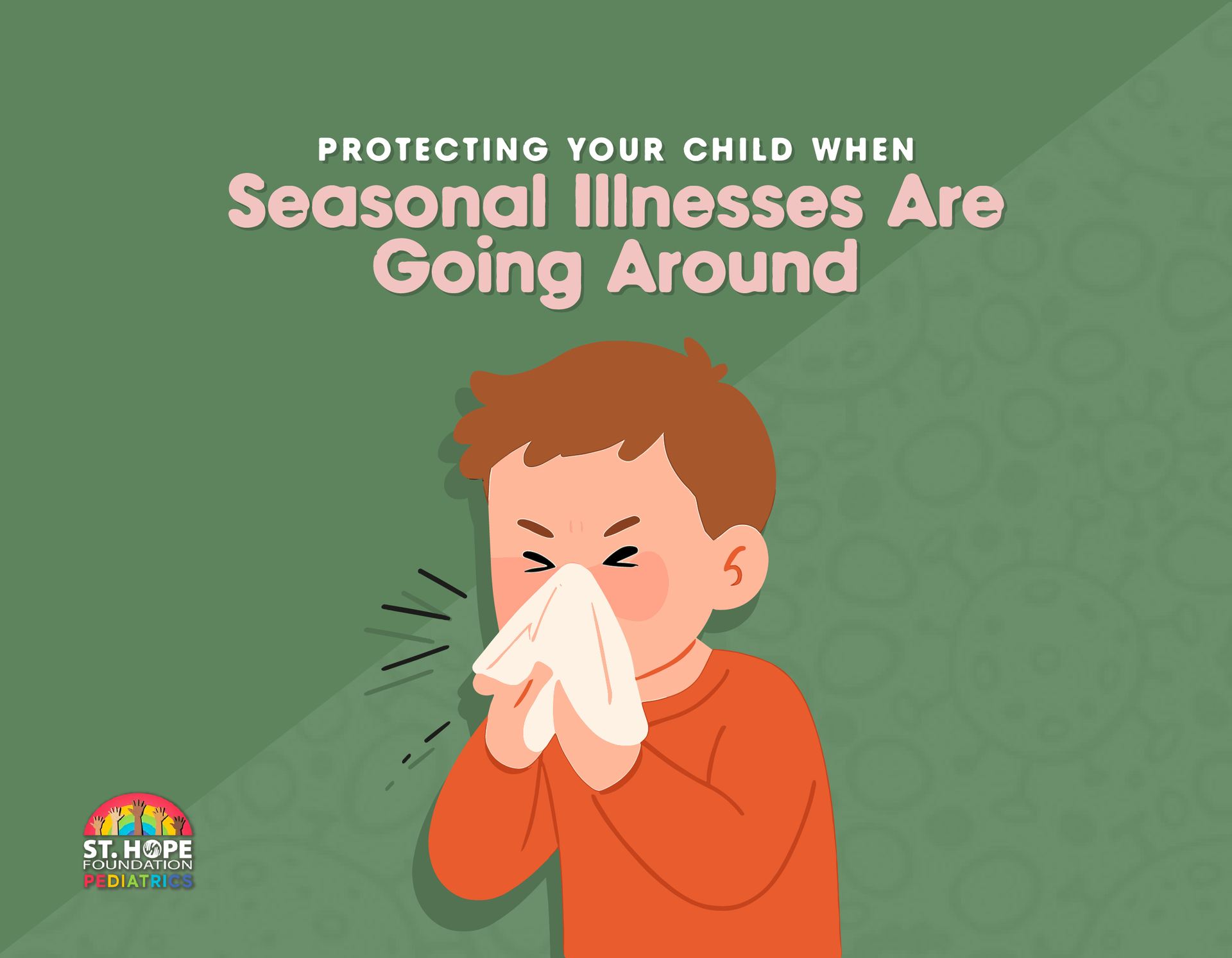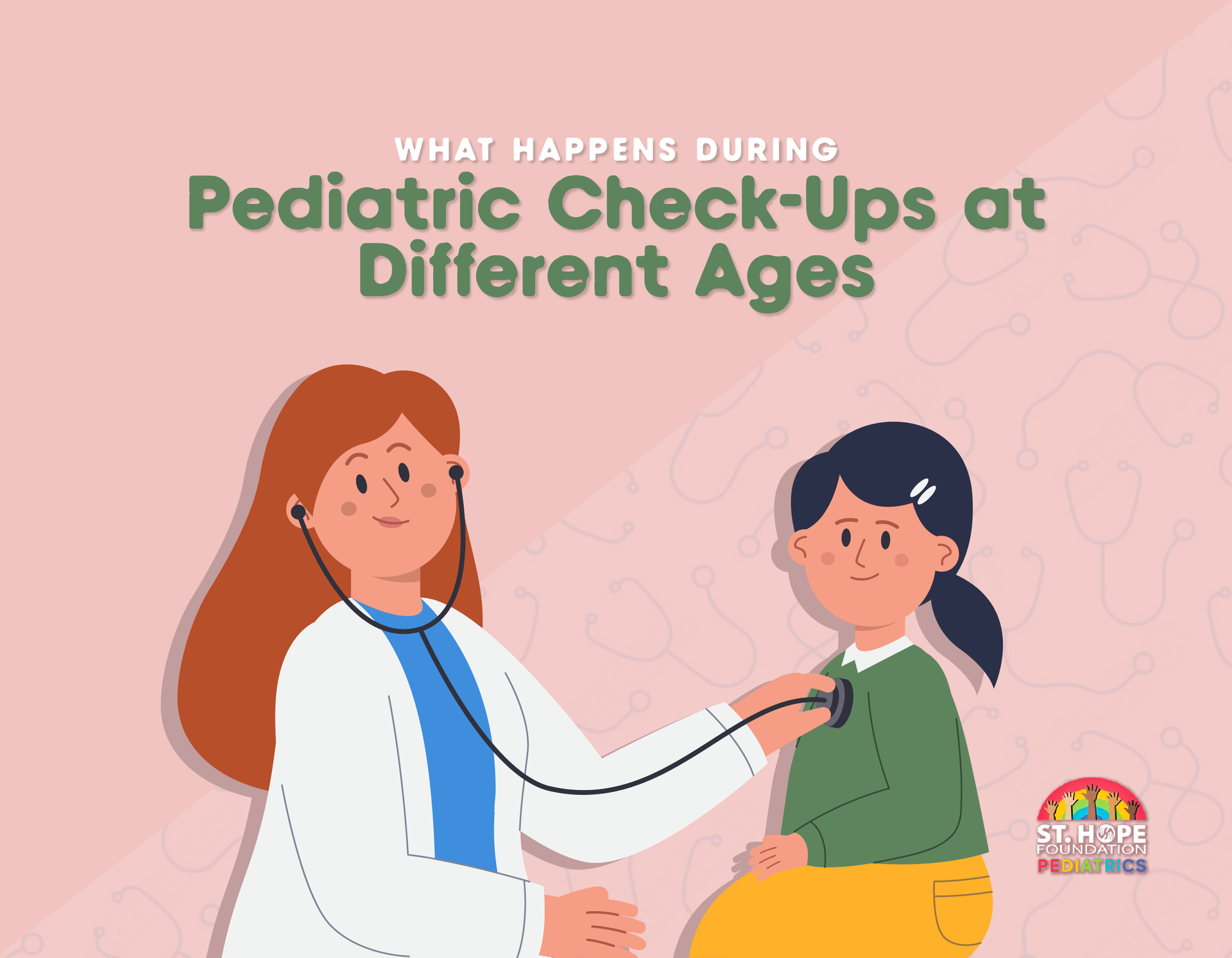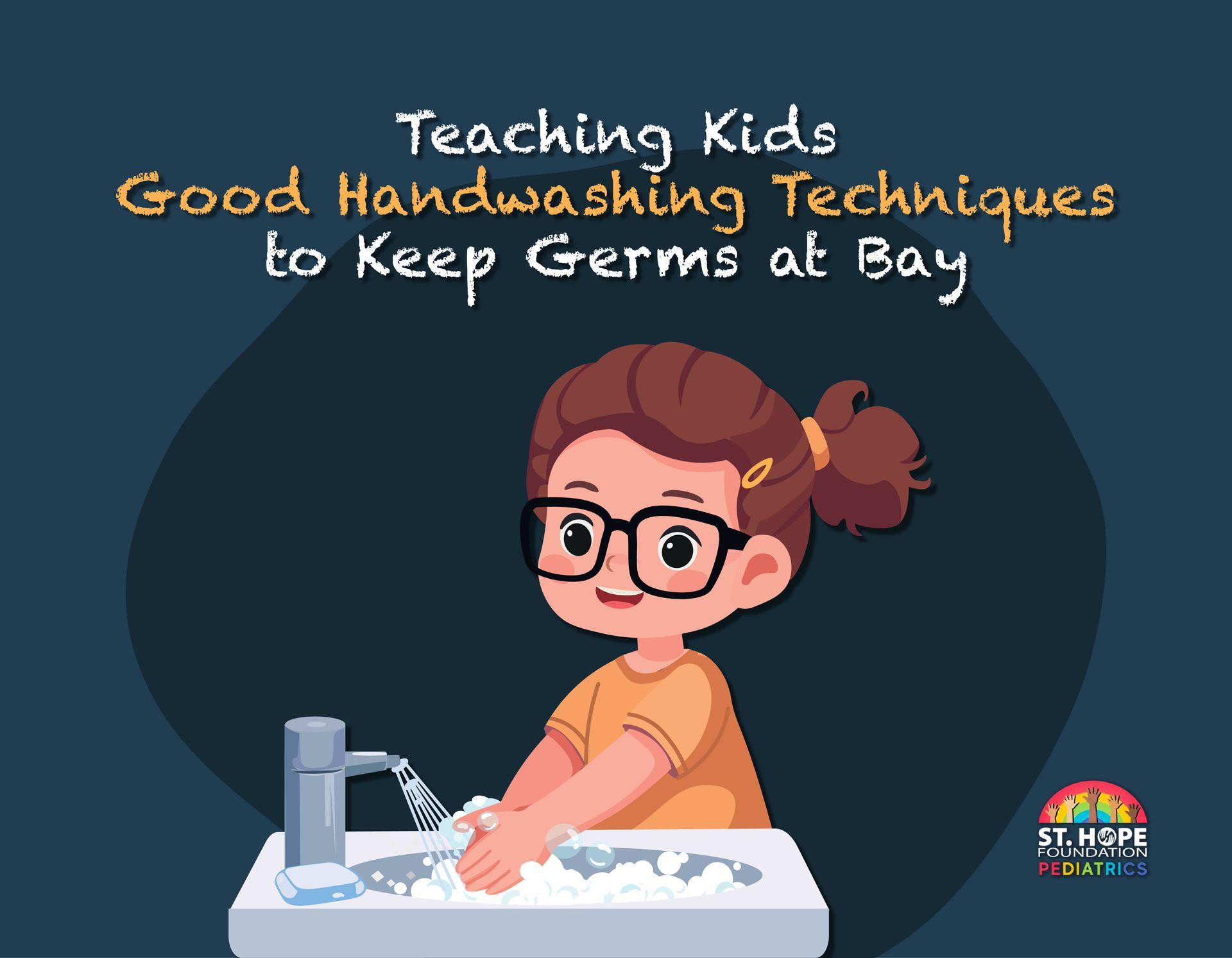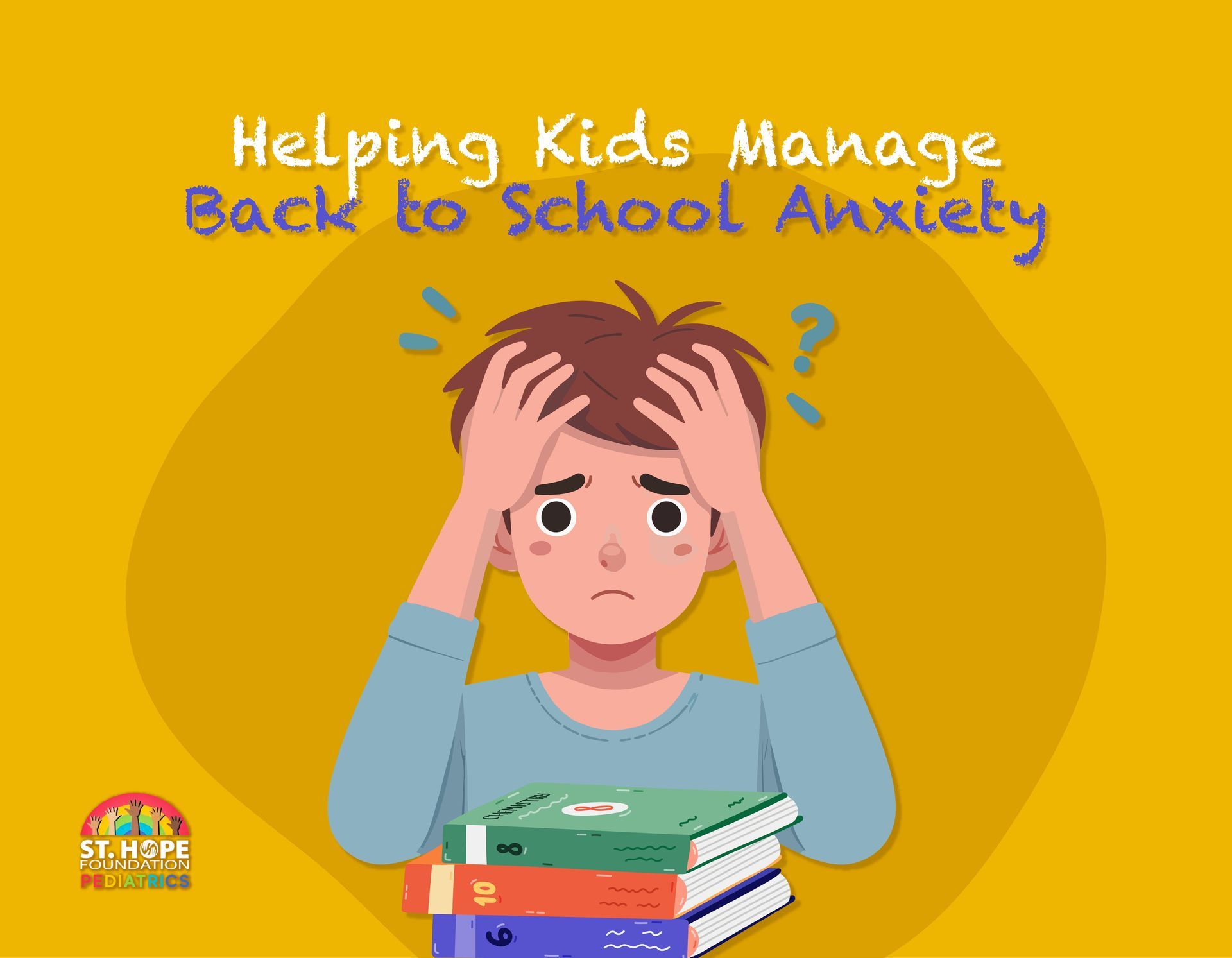Why Are Kids Susceptible to Pink Eye and How Can You Tell if Your Child May Have It?
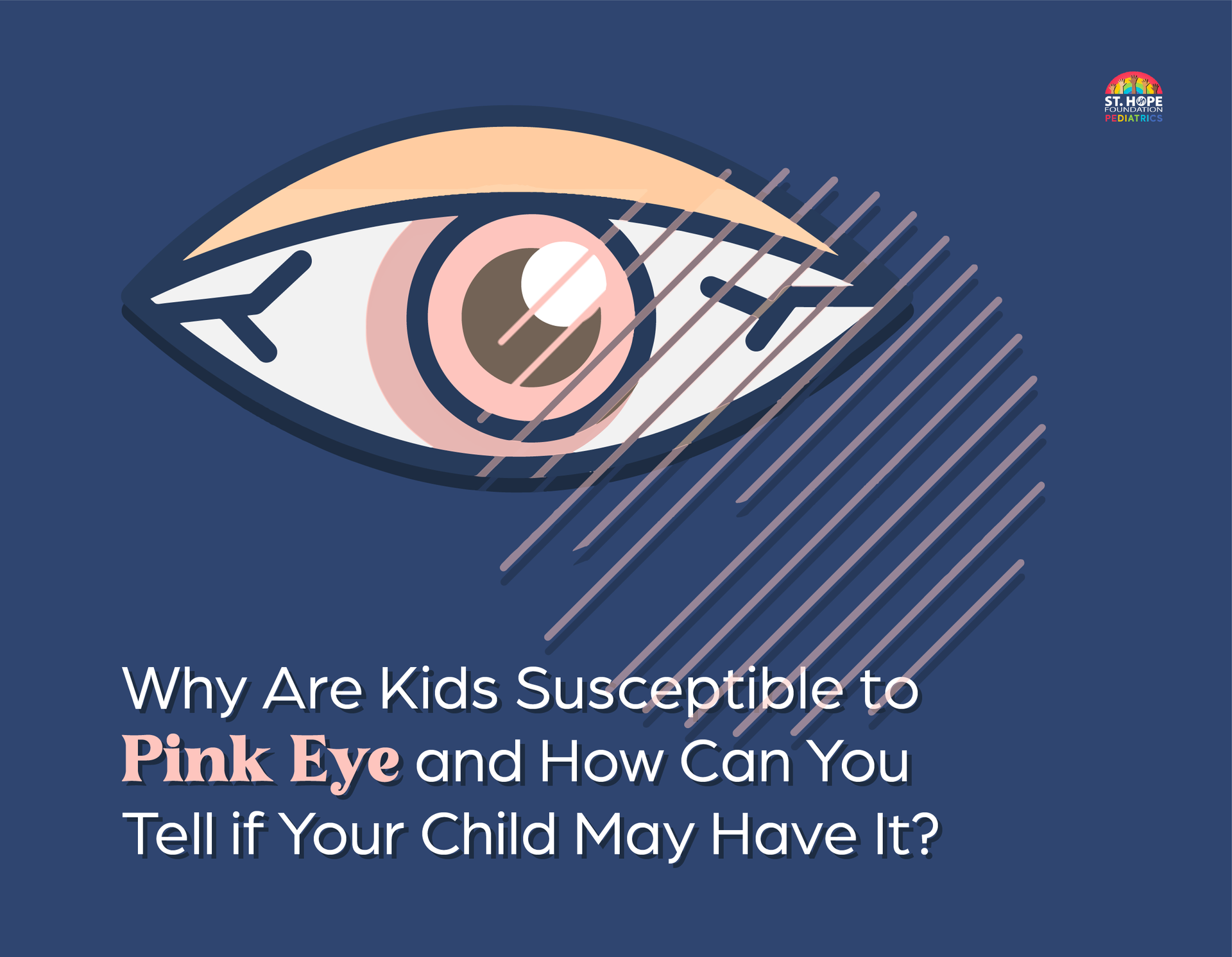
Anyone can develop unsightly pink eye, but children are more susceptible to pink eye due to their daily exposure to a variety of viruses and bacteria at school or daycare.
Pink eye, also known as conjunctivitis, is the swelling and inflammation of the conjunctiva, or the outer tissue of the eye. There are three major causes of pink eye: a bacterial infection, viral infection or an allergic reaction. If your child’s eye or eyes are painfully swollen, red and irritated, be sure to take them to a Houston eye care professional who can diagnose the underlying cause of pink eye and prescribe the appropriate treatment.
If your child’s pink eye is left untreated, it could damage the cornea, which is the clear layer at the front of the eye. A damaged cornea may lead to blurred vision and, in extreme cases, blindness.
What Causes Pink Eye in Kids?
The most common causes of pink eye in both children and adults can be narrowed down to the following:
- Various bacteria
- Viruses like herpes and coronaviruses (including COVID-19)
- Allergens like mold and pollen
- Irritating personal use products like shampoos, contact lenses and swimming pool chlorine
- In rare cases, pink eye may be caused by autoimmune conditions
What Does Pink Eye Look and Feel Like?
One of the most common and obvious symptoms of pink eye is redness of one or both eyes. The eye may also appear misshapen and glassy.
Additional symptoms may include:
- Burning in the eye
- Mild pain when looking at light
- Swollen eyelids
- Itchiness and the urge to rub the eyes
- Crusty yellow discharge that causes eyelids to be stuck together
- Blurred vision
- Increased tearing
Is Pink Eye Contagious?
Pink eye is contagious if it’s caused by bacteria or viruses. Conversely, if your child’s pink eye results from an allergic reaction or exposure to an irritant, it won’t spread to others. It’s best for your child to avoid touching their eyes, wash their hands frequently with soap and warm water and not share personal items with others until a medical diagnosis is made by their pediatrician.
If the pink eye was caused by a virus or bacteria, your child will likely be contagious for as long as they have symptoms or until about 48 hours after starting treatment.
Pink Eye Diagnosis and Treatment
Do you suspect your child has pink eye? It’s important to schedule a visit with a pediatrist as soon as possible to avoid worsening symptoms and possible complications.
During the visit, the pediatrician will ask detailed questions about your child’s symptoms and perform a physical exam. They may also test the fluid from your child’s leaking eye to determine the cause of the inflammation.
Generally, if there’s a lot of discharge from your child’s eye, they likely have a bacterial infection. Another sign of a bacterial infection is an accompanying ear infection as well as a reddish color of the white of the eye (viral infections usually cause the whites to become light pink).
If your child has pink eye in both eyes, the condition is likely being caused by a virus.
Based on the diagnosis and severity of the symptoms, the doctor will likely prescribe antibiotic eye drops (if the pink eye is determined to be a viral or bacterial infection). Pink eye from allergies is usually treated with eye drops and oral medications containing antihistamines (a type of drugs used to treat allergies), steroids or decongestants.
Is Your Child Showing Symptoms of Pink Eye?
If your child is showing symptoms of pink eye, contact a Houston pediatrician who can diagnose and treat the underlying cause of the condition.
At the St. Hope Foundation, our skilled and kindhearted pediatricians are here to help. We offer comprehensive pediatric care, including checkups, pediatric dentistry and well-child visits.
Call the St. Hope Foundation at (713) 778-1300 to schedule your child’s visit.

